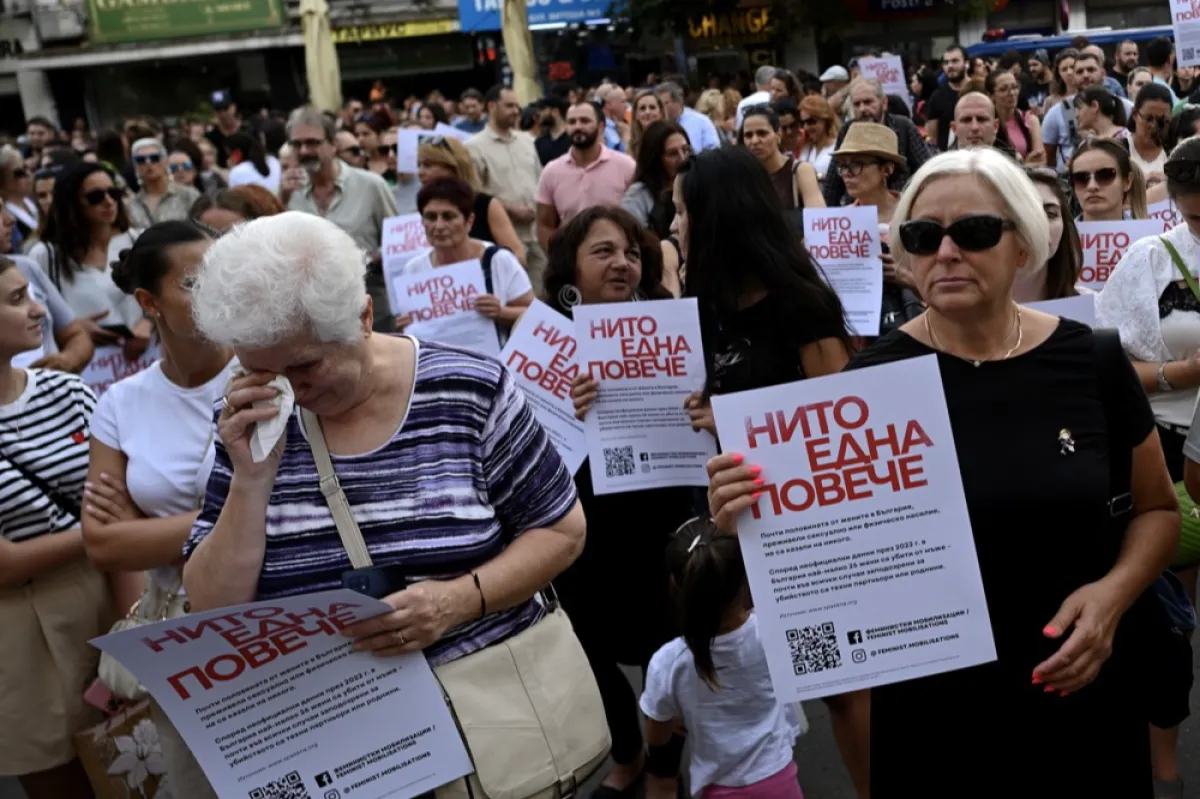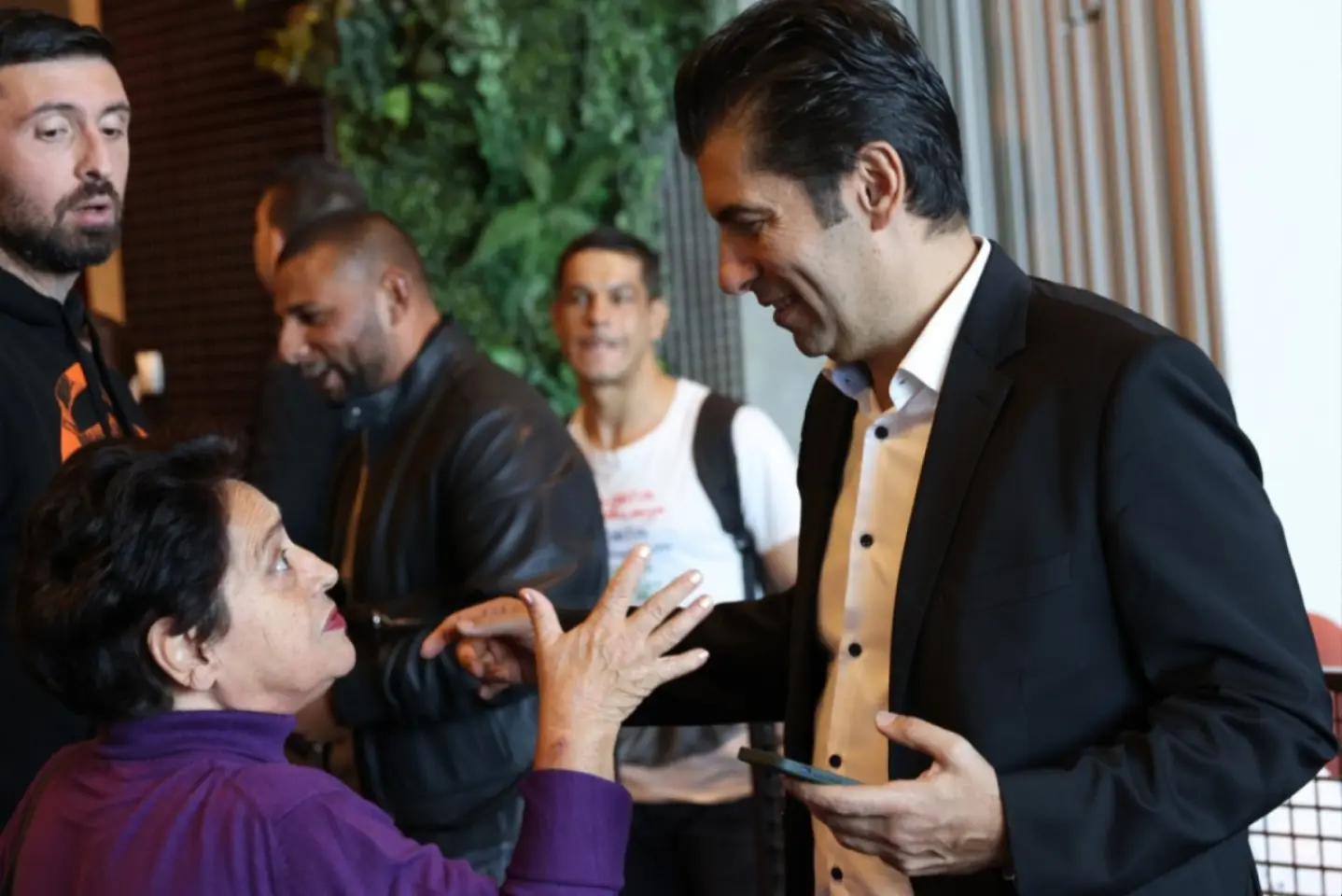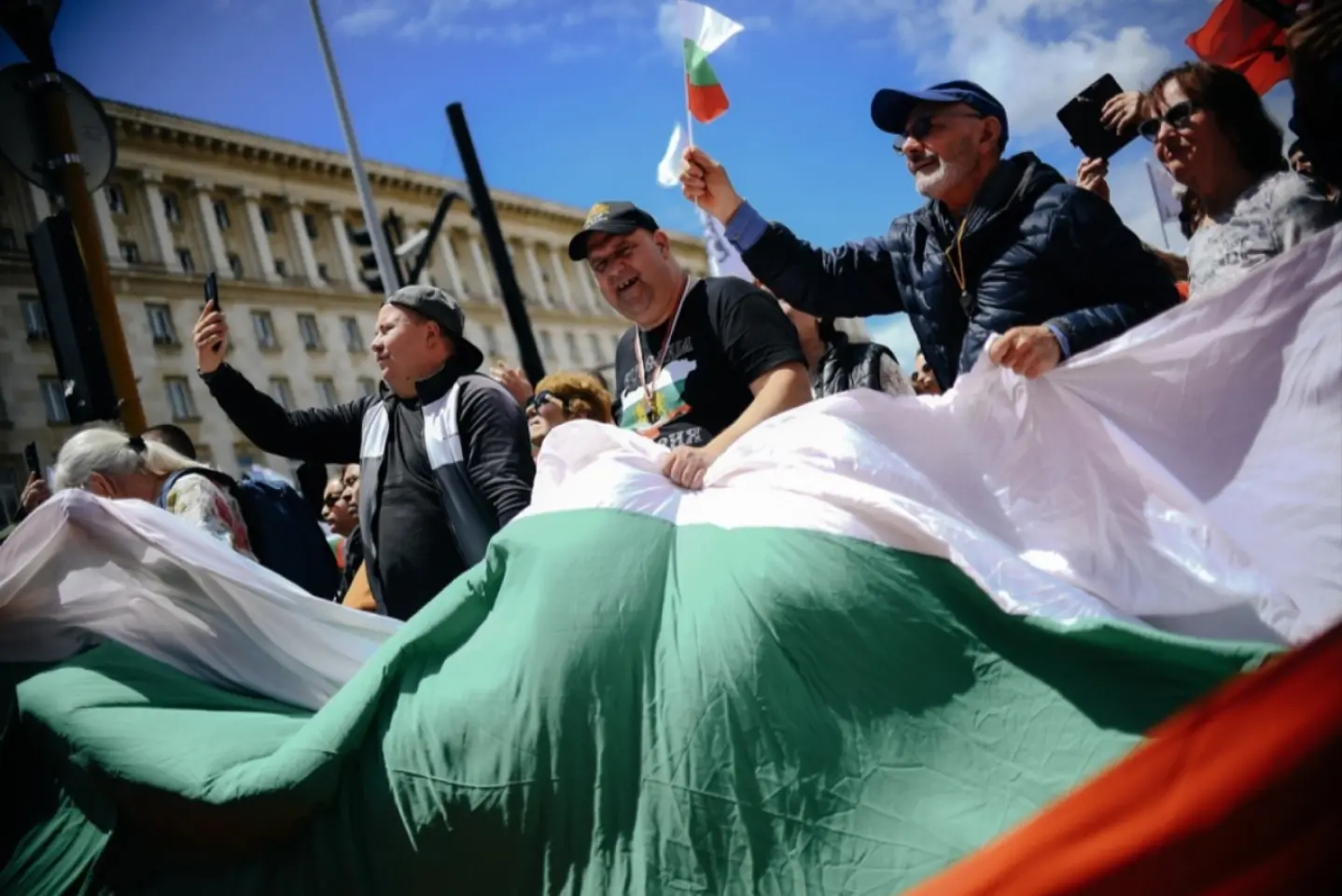
Journalist and writer, based in Sofia. He began his career in 2010 and as of now he is a cultural editor at Capital Weekly. His work is connected to the arts, but extends to education, human rights and other social issues. He also has substantial experience in arts management, radio presenting, photography, literary criticism and translations, publishing.

Boyko Borissov’s GERB party expectedly topped the vote, but the elections left a bitter taste that political influence can be easily bought. They also underlined a worrying tendency for ethnicization of the vote.

Against the backdrop of voter fatigue, Bulgaria’s latest elections saw the rise of a new nationalist party, “Greatness”, while Boiko Borissov’s GERB maintained its ascending trend.

Former prime-minister Boyko Borissov’s GERB party is tipped to win Bulgaria’s split election. But amid an expected low voter turnout, pro-Russian parties are seeking a moment.

Bulgaria’s government decision to add tax to Russian gas brought tensions with Hungary and Serbia, and yet another clash with pro-Moscow President Rumen Radev.

Bulgaria has been facing an uptick in pro-Russian disinformation, just as the country’s pro-Western government is questioning Moscow’s influence – and moves – in the country.

A brutal stabbing brought into spotlight the Bulgaria’s approach to gender violence. While some took to the streets in protest, others tried to block reforms aimed at protecting women.

The alliance GERB/We continue the change showed its first cracks, as it’s being pressured by a hostile president, pro-Russian parties and the entry into politics of their main opponent.

As Bulgaria seems to finally move away from its years long political stalemate, new lines are drawn in the sand between politicians and the controversial top prosecutor, while the pro-Russians are waiting on the sides.

Russia’s ambassador to Bulgaria recently expressed support – a diplomatic faux pas – for the Bulgarian far-right, anti-Western and anti-Ukraine Revival party. Revival came third in the April 2 elections, fifth of its kind in the last two years, and if the current political stalemate continues, it stands a good chance to become a major political force at the next snap election.

A corruption scandal is threatening to throw into irrelevance Bulgaria’s main pro-European reformist party. If that happens, the pro-Russians extremists would become the only alternative to the current ruling coalition.

A vigorous campaign against the adoption of the Euro, the normalization of anti-LGBT discourse, and a campaign for religion in schools have recently raised tensions in Bulgaria, in a period that was also marked by the trial and conviction in the UK of six Bulgarians who spied for Russia and claimed to have connections at the top of the Bulgarian state.

Pro-rușii din Bulgaria au profitat de tăcerea pro-europenilor pentru a exploata în scop politic uciderea unui angajat bulgar al ONU în Fâșia Gaza.

The ruling GERB party, marred in the past by corruption allegations but with a pro-European discourse, is embracing some ideas of pro-Russian extremists and seems ready to adapt to Washington's new policy.

As various capitals in Eastern Europe are gripped by demonstrations, reformists in Bulgaria – a country with a tradition of protests – seem apathetic following years of political logjam and the return of the “system” parties.

A far-right protest in Sofia against a XIX century play directed by John Malkovich brought to the spotlight the disinformation and propaganda campaign targeting Bulgaria’s culture and education.